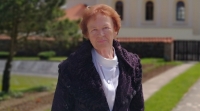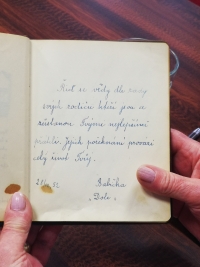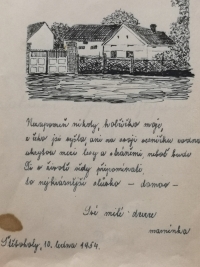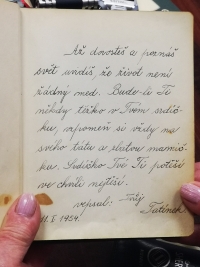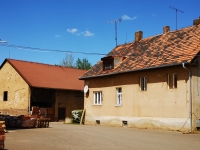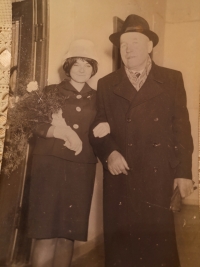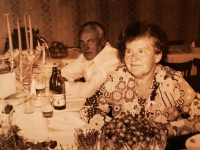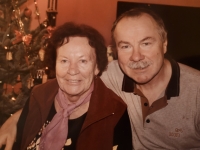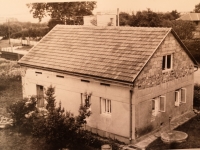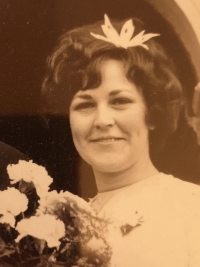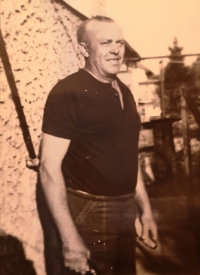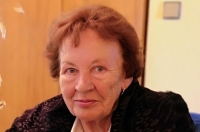A labourer that came back a little different
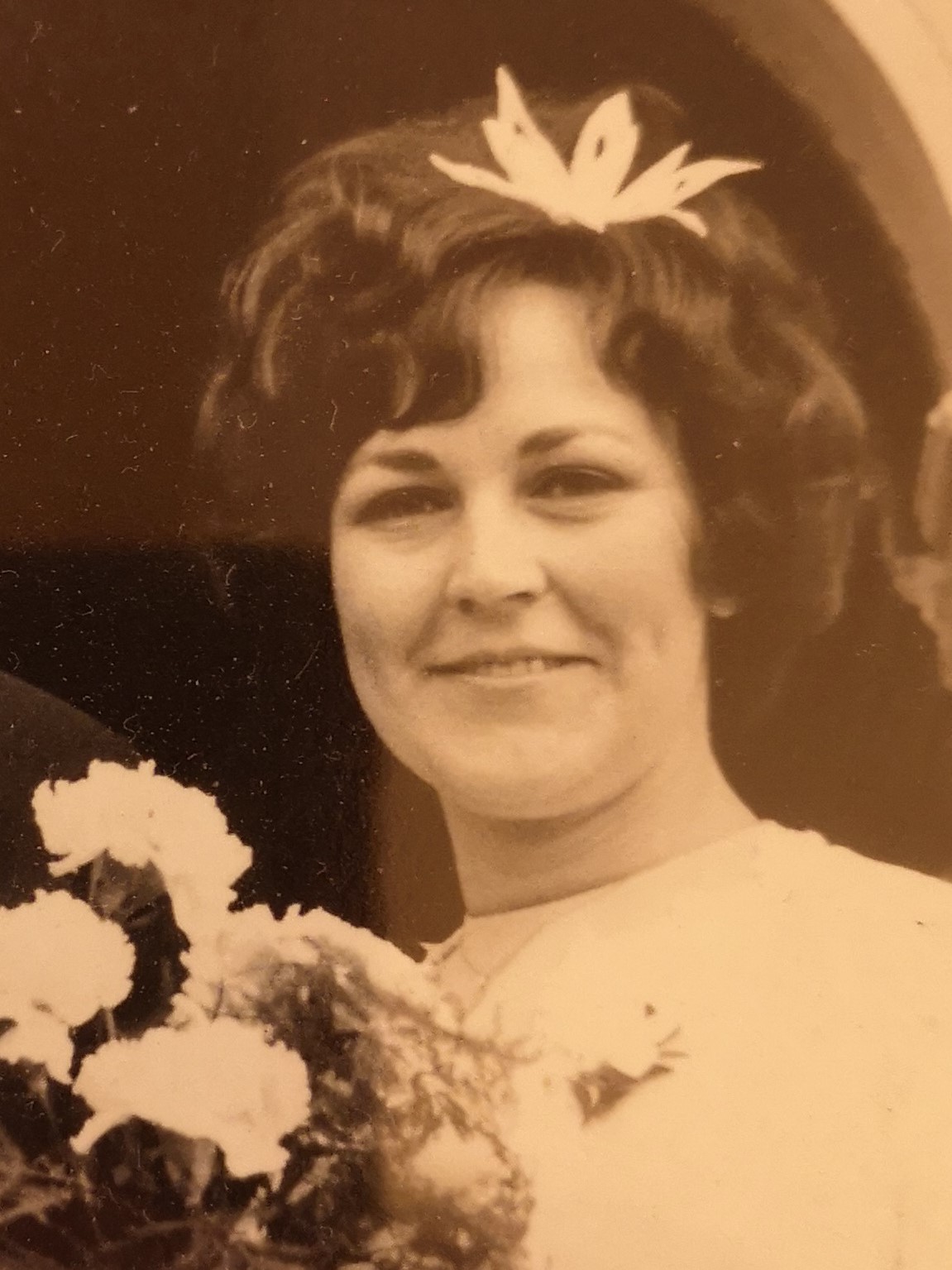
Download image
Hana Jirsáková was born on February 20, 1944 in Jirčany, Central Bohemia. Her family was one of the richer ones, because they had a farm, but in 1952 she had to move out as part of nationalization and lost her farm. They were forced to move to a brickyard in Štěrboholy and then lived in various places in the Central Bohemia. The family regained their house and garden in 1979. The witness went through several jobs because she could not go to study. She started working as a yarner, later found a job in scrap metal and later became a dietitian at IKEM in Prague, where she remained until her retirement.
